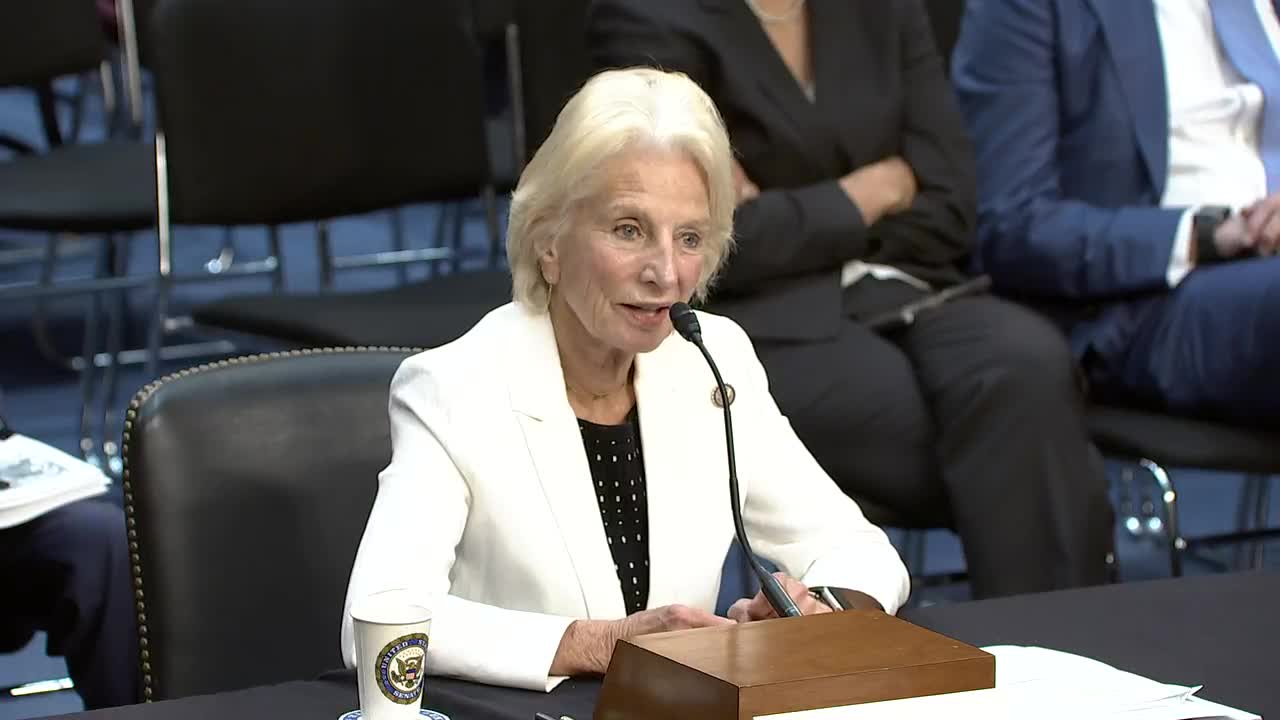Senators warn of looming nuclear arms race risks
July 30, 2024 | Armed Services: Senate Committee, Standing Committees - House & Senate, Congressional Hearings Compilation, Legislative, Federal
This article was created by AI summarizing key points discussed. AI makes mistakes, so for full details and context, please refer to the video of the full meeting. Please report any errors so we can fix them. Report an error »

In a recent government meeting, discussions highlighted critical issues surrounding nuclear agreements and the evolving nature of warfare. Participants acknowledged the importance of maintaining robust nuclear agreements, particularly in light of the absence of China in past treaties and the expiration of several key agreements. Concerns were raised about the potential for a nuclear arms race involving rogue states such as North Korea and Iran, emphasizing the urgent need for renewed diplomatic efforts.
The meeting also addressed the changing landscape of military engagement, with a strong focus on the tech sector's role in future conflicts. It was noted that modern warfare will increasingly rely on software and technological innovation rather than traditional hardware. The chairman of the Joint Chiefs of Staff underscored this shift, stating that the Department of Defense should not be viewed solely as a hardware-focused entity.
Participants called for a transformation in the Pentagon's business model to better align with the tech industry's approach, which often embraces failure as a pathway to improvement. Observations from a recent visit to Ukraine revealed that their military production, particularly in drones and tanks, has been more innovative than that of the U.S., suggesting valuable lessons to be learned.
The meeting concluded with a recognition of the seven substantive recommendations put forth, each requiring significant changes to enhance national security and military effectiveness.
The meeting also addressed the changing landscape of military engagement, with a strong focus on the tech sector's role in future conflicts. It was noted that modern warfare will increasingly rely on software and technological innovation rather than traditional hardware. The chairman of the Joint Chiefs of Staff underscored this shift, stating that the Department of Defense should not be viewed solely as a hardware-focused entity.
Participants called for a transformation in the Pentagon's business model to better align with the tech industry's approach, which often embraces failure as a pathway to improvement. Observations from a recent visit to Ukraine revealed that their military production, particularly in drones and tanks, has been more innovative than that of the U.S., suggesting valuable lessons to be learned.
The meeting concluded with a recognition of the seven substantive recommendations put forth, each requiring significant changes to enhance national security and military effectiveness.
Don't Miss a Word: See the Full Meeting!
Go beyond summaries. Unlock every video, transcript, and key insight with a Founder Membership.
✓
Get instant access to full meeting videos
✓
Search and clip any phrase from complete transcripts
✓
Receive AI-powered summaries & custom alerts
✓
Enjoy lifetime, unrestricted access to government data
30-day money-back guarantee
